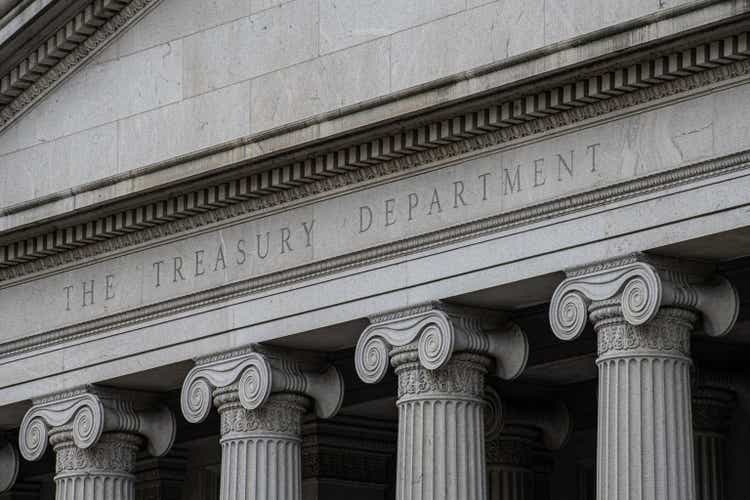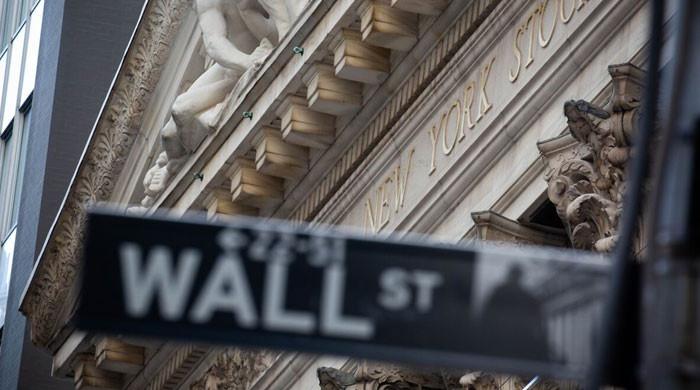




On September 25, 2024, Mirabaud Asset Management announced a significant 50 basis points reduction in US interest rates, marking the conclusion of a prolonged waiting period [aabded7e]. This decision aligns with expectations that the Federal Reserve will initiate a cutting cycle, comprising a series of 25 basis points reductions, totaling ten cuts by January 2026 [aabded7e]. Such a scenario is typically associated with economic recessions, prompting a reassessment of investment strategies in the fixed income sector.
In light of these developments, Mirabaud emphasizes the necessity for fixed income portfolios to maintain a neutral duration, given the potential for rapid changes in GDP and labor market conditions [aabded7e]. Currently, the US economy is experiencing growth at a rate of 2%, contrasting sharply with stagnation observed in Europe [aabded7e]. This divergence suggests a cautious approach to credit risk, with a preference for higher-quality investments as the market navigates these uncertainties.
Andrew Lake, head of fixed income at Mirabaud, highlights the importance of adopting flexible strategies to adapt to ongoing market changes [aabded7e]. This perspective resonates with the broader trends in the investment community, where fund selectors are increasingly cutting duration on US Treasury bonds as the 'immaculate disinflation' narrative weakens [1185008e]. The risk of stronger-than-expected US inflation and the resilience of the economy have led to a shift in focus towards the short end of the yield curve [1185008e].
As investors respond to the evolving landscape, the recent withdrawal of over $1 billion from PIMCO's ultrashort US Treasury ETF indicates a growing demand for longer-duration investments [48592d9d]. Despite this, major asset managers like Vanguard remain optimistic about longer-dated Treasuries, anticipating that interest rates will remain unchanged until at least mid-2024 [06b8a437].
The contrasting strategies among asset managers reflect the complexities of the current financial environment. While some are positioning for potential capital appreciation in the event of an economic downturn, others are adopting a more cautious stance, focusing on maintaining neutral duration amid anticipated interest rate cuts [aabded7e][06b8a437]. The ongoing discussions around the Treasury market, including billionaire investor Stanley Druckenmiller's criticism of the US government's past decisions on bond issuance, further illustrate the diverse opinions shaping investment strategies [31e934f4].
In summary, the anticipated interest rate cuts and the need for flexible investment strategies are central themes in the current financial discourse. As Mirabaud AM adjusts its approach, the broader investment community is also reevaluating its strategies in response to evolving economic indicators and market dynamics [aabded7e].